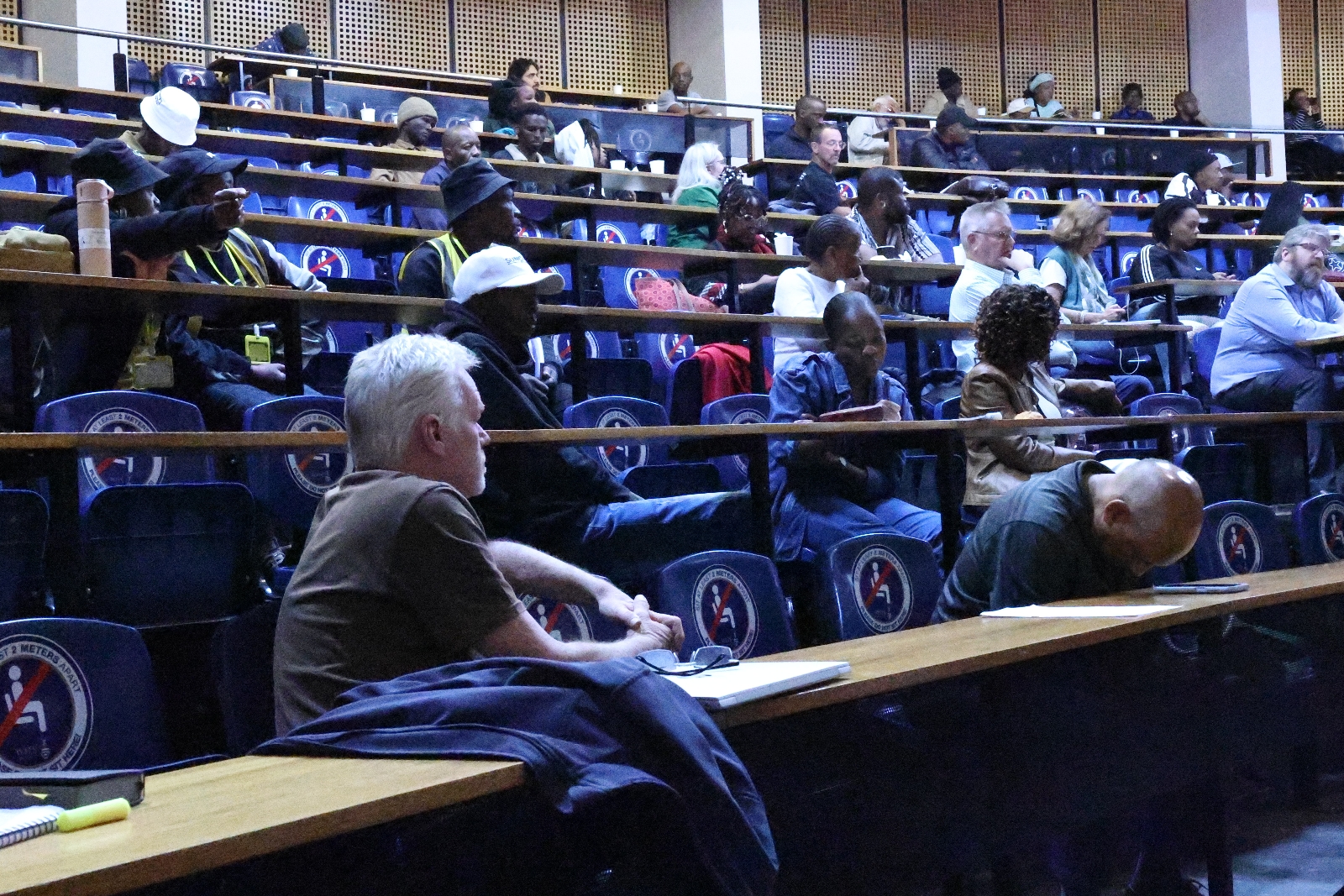The Johannesburg Crisis Alliance (JCA) successfully hosted its 6th summit on Saturday, May 10, 2025, at the Margo Auditorium at the University of the Witwatersrand. Running from 9 AM to 1 PM, the event featured representatives from Eskom and the Presidency, who addressed the city's most pressing challenges.
Yunus Chamda, a representative of the JCA, reflected on the alliance’s origins in mid-2023. He explained that the instability caused by frequent changes in Johannesburg’s mayoral office had prompted concerned citizens to unite in an effort to address the city’s worsening governance and service delivery. One of the alliance’s early actions was to call on the President to intervene. According to Chamda, Johannesburg was on the brink of collapse and urgent action was required to prevent irreversible damage.
In response to these appeals, President Cyril Ramaphosa announced the formation of a presidential working group on March 7, 2025. The JCA was invited to participate in the group, which is tasked with tackling Johannesburg’s systemic issues and envisioning a path forward.
During the summit, Chamda addressed the severe debt Johannesburg owes Eskom—an issue that has exacerbated load shedding and sparked fears of a potential citywide electricity shutdown. He reassured attendees that, for now, presidential intervention has helped avert such a shutdown. However, he warned that unless the city’s financial obligations to Eskom are resolved, the threat will remain. Chamda noted that a key report on the Eskom issue currently sits with the Minister, and the JCA intends to advocate for its release.
Zarina Motala, also representing the JCA, emphasized the significance of the summit and praised the Presidency’s input regarding the new working group. She highlighted the depth of information presented on the city's ongoing challenges, particularly the mounting Eskom debt. A hopeful sign, she noted, was the active participation of young people from diverse communities—demonstrating a growing commitment to unity and collective action.
To further mobilize civic engagement, the JCA will host a **"Civic Saturday"** on May 24 in Noordgesig, Soweto. The event will encourage residents to participate in cleanup efforts and other initiatives aimed at revitalizing their neighborhoods. Motala stressed the importance of community-driven activism in tandem with government accountability.
She also announced the launch of the JCA’s new website, a platform designed to foster collaboration, share project updates, and provide a forum for citizens to voice concerns and contribute ideas. Motala urged the public to use the site to stay informed and involved, adding that sustained pressure on local government is essential to ensure transparency and financial accountability.
David Fleminger from the Johannesburg Heritage Foundation praised the summit for bringing together a wide range of civil society organizations. He emphasized the urgent need for collaboration, stating that many groups share concerns about the city’s infrastructure decline and the erosion of its cultural institutions.
Fleminger stressed the importance of collective action and called for a shift towards a more open, dialogue-based approach from city officials—one that actively listens to civil society and values their input. He expressed frustration that organizations offering support often face bureaucratic resistance rather than partnership.
Looking ahead, Fleminger urged city leadership to embrace meaningful cooperation over the next six to eighteen months. “Civil society must be treated as equal partners in solving Johannesburg’s crisis,” he said. “Only through shared responsibility and collaboration can we hope to turn things around.”







No comments:
Post a Comment